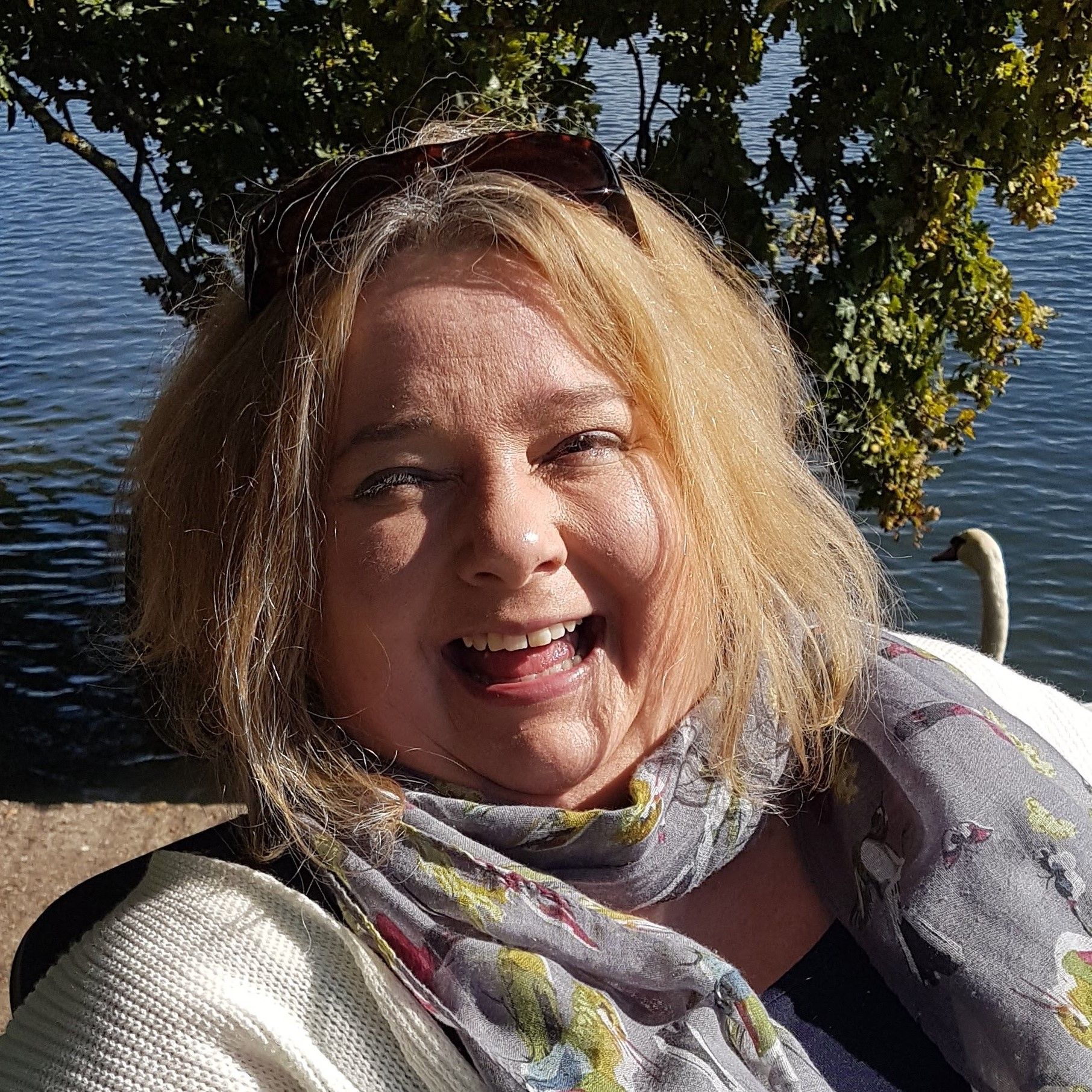
Health inequalities: Disabled people face huge barriers to accessing sexual, reproductive and cancer-screening healthcare
Lorraine Stanley
- Health inequalities
The barriers
From my own lived experience, it took three years from receiving my cervical screening invitation to actually being able to have it. The delay was caused due to a lack of examination tables with appropriate leg supports and handles. Luckily, my results were clear, but if there had been cancerous cells present, the delay could have resulted in my having to have a more invasive treatment.
I know, from the hundreds of disabled people I have supported through my work, that there are still many barriers to disabled people in accessing sexual and reproductive healthcare. Many health providers are keen to reduce health inequalities faced by the people who use their services, but fail to recognise the lack of people with disabilities attending clinics.
What I’m doing about it
I recently launched a two-year disability access campaign, Better Access for Better Access. My campaign goal is to have at least one hoisting system, and a set of leg supports, on at least one examination couch, in every sexual health clinic and GP surgery in the UK, by 31 December 2024. The campaign is UK-wide and is open to people of all gender identities.
Gotta love a hashtag – but it’s so much bigger than that!
We created a brand-new hashtag for a big-hearted social media campaign, #BA4BA. This is just the shop window though, as it’s people who make change happen.
The route we’re taking is to actively engage with existing networks like NHS Integrated Care Systems, Sexual Health organisations, GP networks, Disability organisations, Disabled people and equipment providers. There will be virtual and in-person meetings, and awareness-raising events across the UK.
How many people are affected by poor access?
There are over 14 million disabled people in the UK at the moment. If even a quarter of those people are sexually active, but can’t access the professional services provided by the healthcare sector, I see that as being an unacceptable situation.
Two cases which stand out in my memory
- A deaf woman who had a vaginal biopsy taken without consent. The healthcare professional was not facing her, so she couldn’t lipread any information of what was happening.
- The second case was of a man with quadriplegic cerebral palsy. He ended up on his hands and knees on his GP’s floor, so they could look at the base of his spine. There was no hoist available in the GP clinic, and home visits were not possible at that time.
SWAD’s campaign, Better Access for Better Access, can be accessed here.
I want to be part of the solution – do you?
Biography
Lorraine Stanley is Founder and CEO of SWAD, a not-for-profit training organisation specialising in the area of disability and sex. She was a finalist in the Sexual Health Awards 2022 for grassroots initiatives breaking ground in destigmatising sex and sexual health. She is also a nominee in this year’s National Diversity Awards. This year she published an eBook, Sexual Health Clinics, GP Clinics & Disabled People – A Guide for Better Access.